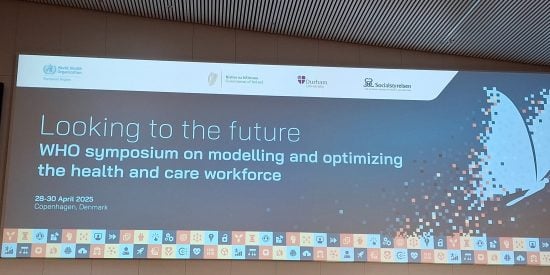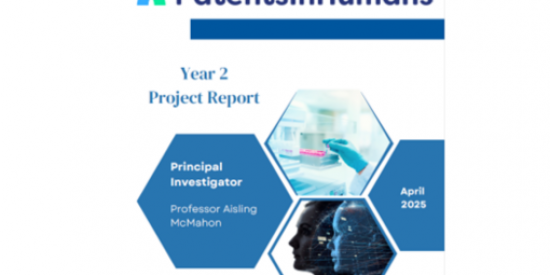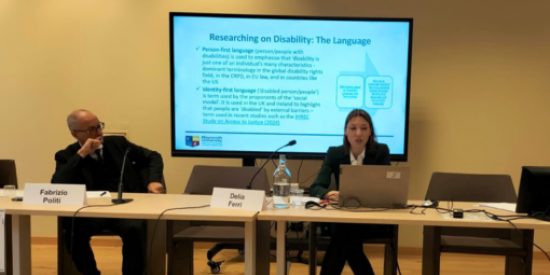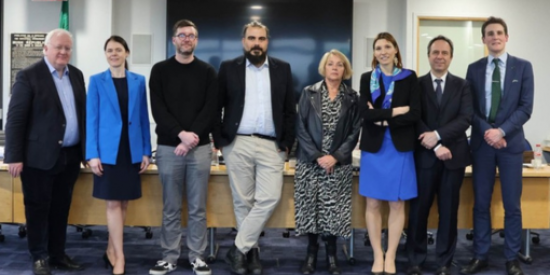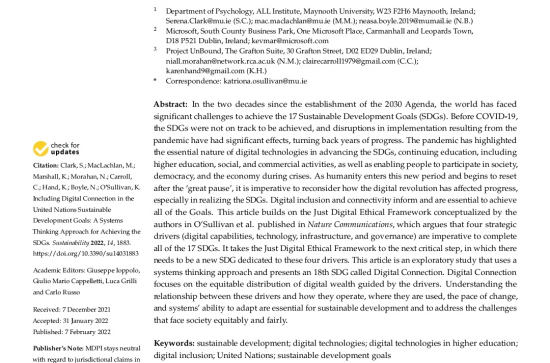
Assisting Living and Learning (ALL) Institute members, Katriona O’Sullivan, Serena Clarke, Neasa Boyle, Kevin Marshall, Mac MacLachlan and Niall Morahan, Claire Carroll, Karen Hand, published paper entitled, ‘Including Digital Connection in the United Nations Sustainable Development Goals: A Systems Thinking Approach for Achieving the SDGs’ in Sustainability.
Abstract
In the two decades since the establishment of the 2030 Agenda, the world has faced significant challenges to achieve the 17 Sustainable Development Goals (SDGs). Before COVID-19, the SDGs were not on track to be achieved, and disruptions in implementation resulting from the pandemic have had significant effects, turning back years of progress. The pandemic has highlighted the essential nature of digital technologies in advancing the SDGs, continuing education, including higher education, social, and commercial activities, as well as enabling people to participate in society, democracy, and the economy during crises. As humanity enters this new period and begins to reset after the ‘great pause’, it is imperative to reconsider how the digital revolution has affected progress, especially in realizing the SDGs. Digital inclusion and connectivity inform and are essential to achieve all of the Goals. This article builds on the Just Digital Ethical Framework conceptualized by the authors in O’Sullivan et al. published in Nature Communications, which argues that four strategic drivers (digital capabilities, technology, infrastructure, and governance) are imperative to complete all of the 17 SDGs. It takes the Just Digital Ethical Framework to the next critical step, in which there needs to be a new SDG dedicated to these four drivers. This article is an exploratory study that uses a systems thinking approach and presents an 18th SDG called Digital Connection. Digital Connection focuses on the equitable distribution of digital wealth guided by the drivers. Understanding the relationship between these drivers and how they operate, where they are used, the pace of change, and systems’ ability to adapt are essential for sustainable development and to address the challenges that face society equitably and fairly.
Read paper in full: https://www.mdpi.com/2071-1050/14/3/1883

